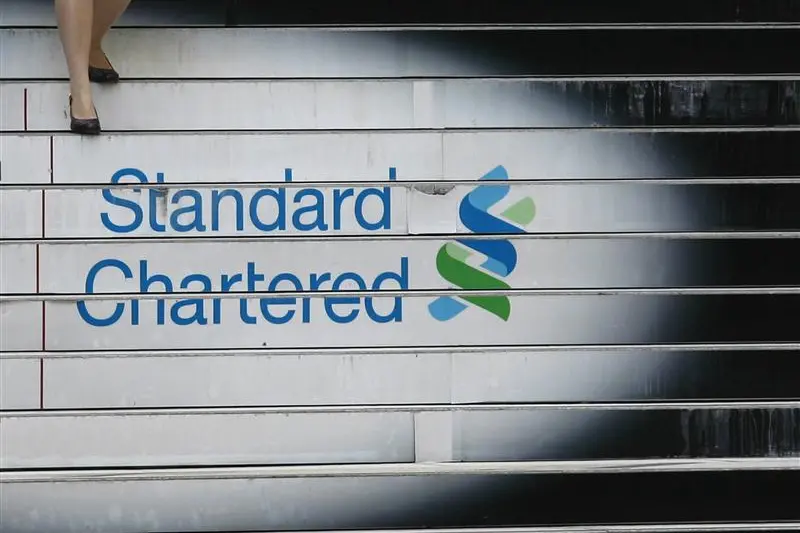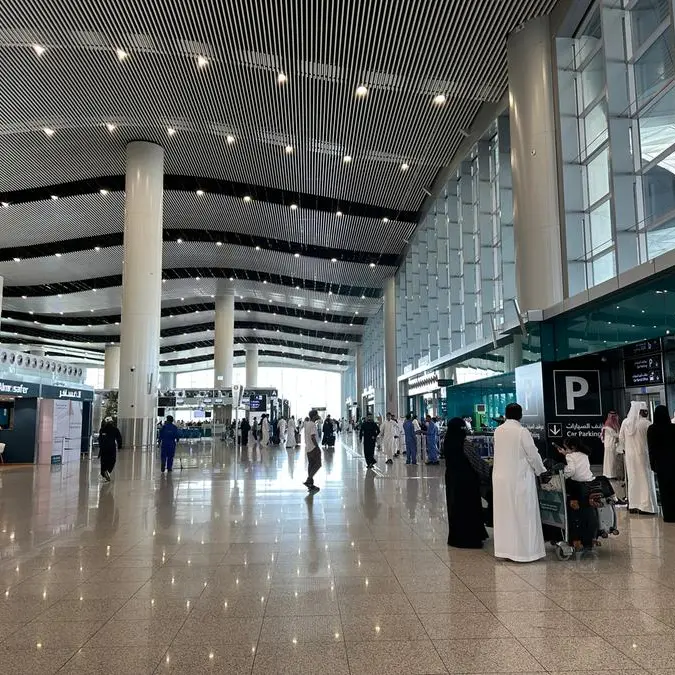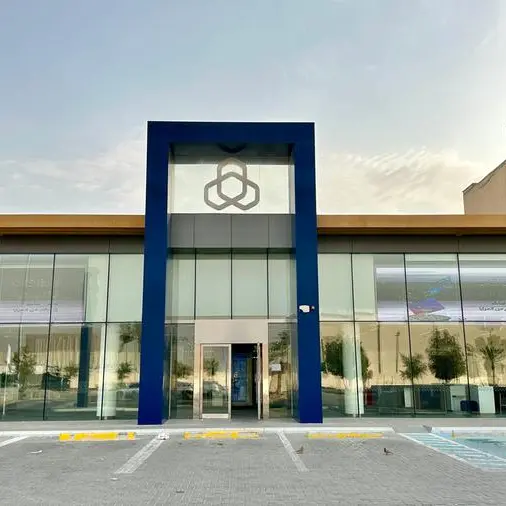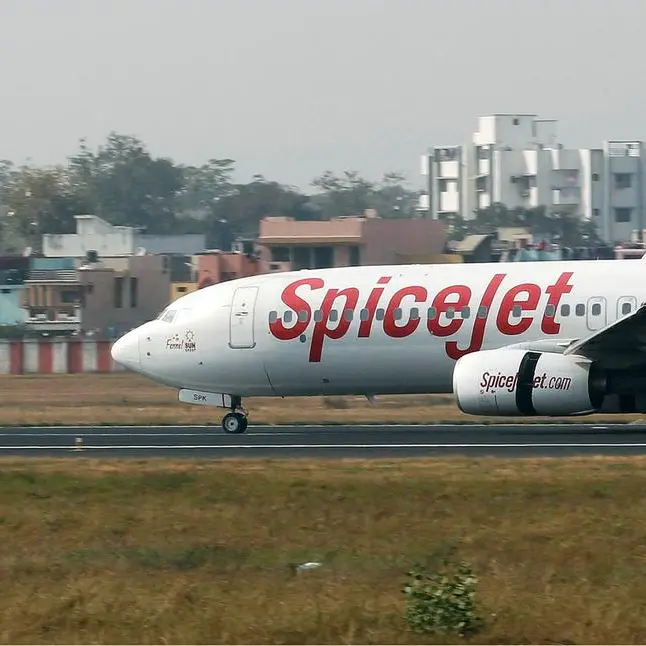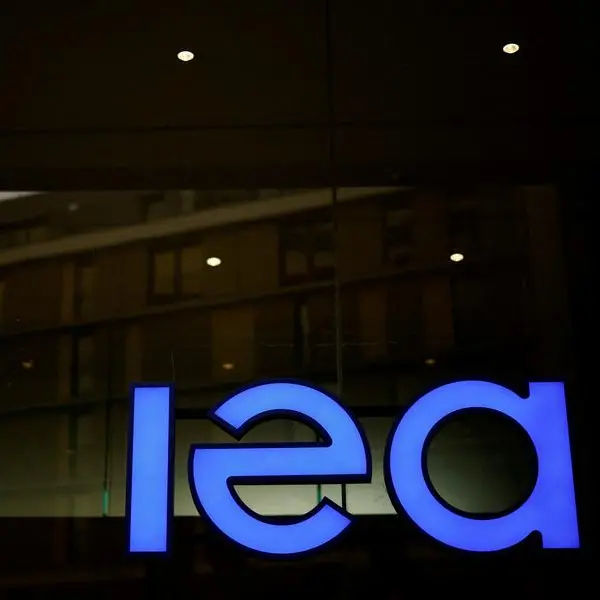PHOTO
* Expansion into Nigeria, Botswana, Zambia and Brunei
* Could enter at least one of the markets as early as 2017
* Linked to Africa's growing Muslim population
By Tom Arnold
DUBAI, Nov 1 (Reuters) - Standard Chartered's Islamic division is seeking banking licences in three African countries in order to offer its services to the continent's large Muslim population.
Standard Chartered Saadiq could enter at least one of these markets - Nigeria, Botswana and Zambia - as early as 2017, Mohammad Ali Allawalla, who is head of Islamic banking for retail clients at the bank, said on the sidelines of a media briefing on Tuesday.
The Muslim population in sub-Saharan Africa is forecast to more than double from about 250 million people in 2010 to nearly 670 million in 2050, according to Pew Research Center.
As well as talking to regulators in the three African countries, Standard Chartered Saadiq is also in discussions about gaining an Islamic banking licence in Brunei in South East Asia and working with the regulator there on guidelines for Islamic wealth management.
Standard Chartered Saadiq's core markets are Pakistan, Malaysia, Bahrain, United Arab Emirates, Indonesia and Bangladesh and in 2014 it entered the Kenyan market, its first move into Africa.
"Nigeria is an interesting market in terms of size we are exploring and other markets like Botswana and Zambia, which are not big markets in terms of sheer size but in terms of pockets of customers they present a good opportunity," Allawalla said.
Nigeria, the continent's most populous nation, has around 77 million Muslims, according to Pew Research Center.
Allawalla said the country presented challenges for retail banking because of the gap between rich and poor.
Standard Chartered already operates in Nigeria, Botswana, Zambia and Brunei and Saadiq would only venture into them if there was a need for a alternative Islamic products, Allawalla said.
"Its not just a matter of what we would like to do, it's also a matter of how mature the regulations are, what do the regulations allow you to do, what is the cost of setting up vis--vis the products you can roll out in the market," he added.
(Editing by Alexander Smith) ((Tom.Arnold@thomsonreuters.com; +97144536265; Reuters Messaging: tom.arnold.thomsonreuters.com@reuters.net))
* Could enter at least one of the markets as early as 2017
* Linked to Africa's growing Muslim population
By Tom Arnold
DUBAI, Nov 1 (Reuters) - Standard Chartered's Islamic division is seeking banking licences in three African countries in order to offer its services to the continent's large Muslim population.
Standard Chartered Saadiq could enter at least one of these markets - Nigeria, Botswana and Zambia - as early as 2017, Mohammad Ali Allawalla, who is head of Islamic banking for retail clients at the bank, said on the sidelines of a media briefing on Tuesday.
The Muslim population in sub-Saharan Africa is forecast to more than double from about 250 million people in 2010 to nearly 670 million in 2050, according to Pew Research Center.
As well as talking to regulators in the three African countries, Standard Chartered Saadiq is also in discussions about gaining an Islamic banking licence in Brunei in South East Asia and working with the regulator there on guidelines for Islamic wealth management.
Standard Chartered Saadiq's core markets are Pakistan, Malaysia, Bahrain, United Arab Emirates, Indonesia and Bangladesh and in 2014 it entered the Kenyan market, its first move into Africa.
"Nigeria is an interesting market in terms of size we are exploring and other markets like Botswana and Zambia, which are not big markets in terms of sheer size but in terms of pockets of customers they present a good opportunity," Allawalla said.
Nigeria, the continent's most populous nation, has around 77 million Muslims, according to Pew Research Center.
Allawalla said the country presented challenges for retail banking because of the gap between rich and poor.
Standard Chartered already operates in Nigeria, Botswana, Zambia and Brunei and Saadiq would only venture into them if there was a need for a alternative Islamic products, Allawalla said.
"Its not just a matter of what we would like to do, it's also a matter of how mature the regulations are, what do the regulations allow you to do, what is the cost of setting up vis--vis the products you can roll out in the market," he added.
(Editing by Alexander Smith) ((Tom.Arnold@thomsonreuters.com; +97144536265; Reuters Messaging: tom.arnold.thomsonreuters.com@reuters.net))
